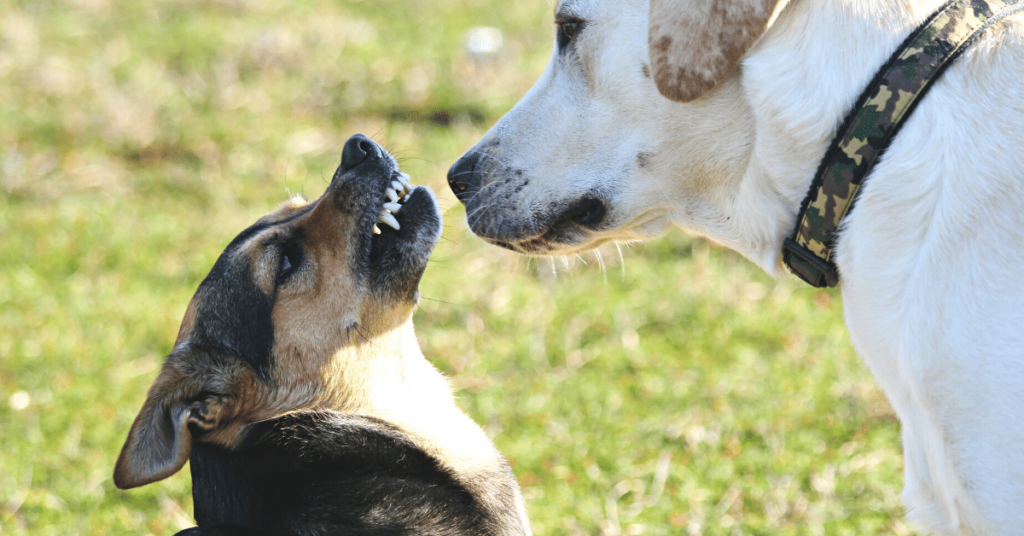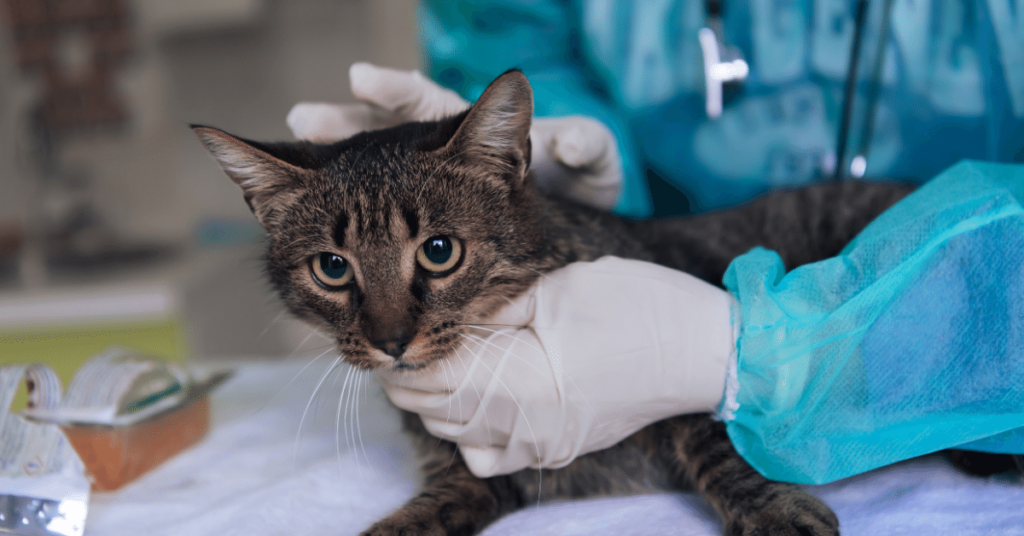Introduction
Owning a pet can bring immense joy, love, and companionship to our lives. However, it’s important to recognize that being a pet owner also comes with certain financial responsibilities. Before bringing home a furry friend, it’s crucial to consider the costs involved and ensure that you’re financially prepared for the long-term commitment. In this article, we will explore the financial considerations of owning a pet and provide guidance on how to budget for their needs.
Initial Costs
When you first bring a pet into your home, there are some initial expenses to consider. These include adoption fees, purchase costs (if buying from a breeder), and any necessary pet supplies such as bedding, food dishes, toys, and a crate or carrier. Additionally, you may also need to factor in the cost of spaying or neutering, as well as initial vaccinations and microchipping.
Veterinary Care
One of the most significant ongoing expenses of owning a pet is veterinary care. Regular check-ups, vaccinations, and preventative treatments such as flea and tick control are essential for your pet’s health and well-being. In the event of an illness or injury, veterinary bills can quickly add up. It’s crucial to set aside a portion of your budget for unexpected medical expenses to ensure that you can provide prompt and proper care for your furry companion.
Food and Supplies
Food and basic supplies are ongoing costs that need to be considered when budgeting for a pet. The type of pet you have will determine the specific dietary needs they have. Dogs and cats, for example, require high-quality pet food that meets their nutritional requirements. Treats, grooming products, litter for cats, and other supplies will also need to be factored in.
Training and Socialization
Proper training and socialization are vital for the well-being of both you and your pet. Whether you decide to enroll your pet in professional training classes or opt for self-training, there may be associated costs. Training tools, such as leashes, collars, and crates, may also be necessary, depending on the type and size of your pet. Investing in training and socialization early on can prevent behavioral issues down the line, ultimately saving you money on potential damages or extra training needed.
Boarding and Pet Sitting
If you frequently travel or work long hours, you may need to budget for pet boarding or pet sitting services. These services ensure that your pet is cared for and receive attention and exercise when you’re unable to be present. While this can be an additional expense, it provides peace of mind knowing that your pet is in good hands.
Pet Insurance
Pet insurance is an optional but valuable form of financial protection for pet owners. It can help cover unexpected medical costs, surgeries, and treatments. By paying a monthly premium, you can ensure that your pet receives the necessary care without straining your finances. It’s important to research different pet insurance options and choose a plan that best fits your pet’s needs and your budget.
Budgeting for Your Pet
To effectively manage the financial aspects of pet ownership, setting a budget is crucial. Start by listing all the potential costs associated with your pet, such as food, supplies, vaccinations, and grooming. Take into account any initial costs mentioned earlier, including adoption fees or purchase expenses. Once you have an estimate of the monthly expenses, compare it to your income to determine how much you can comfortably allocate to your pet each month.
Saving for Emergencies
It’s always wise to have an emergency fund set aside specifically for your pet. Unexpected veterinary bills can put a strain on your finances, but having savings dedicated to such emergencies can alleviate the stress. Aim to save a reasonable amount each month in case of unforeseen circumstances that require immediate medical attention for your pet.
Summary
Owning a pet is a rewarding experience, but it’s important to understand and plan for the financial responsibilities that come with it. From initial adoption or purchase costs to ongoing expenses for food, veterinary care, and supplies, there are various aspects to consider. By setting a budget, prioritizing savings for emergencies, and investigating pet insurance options, you can ensure that your pet receives the care they deserve without sacrificing your financial stability. Remember, a well-prepared and financially secure pet owner is better equipped to provide a happy and healthy life for their furry companion.







